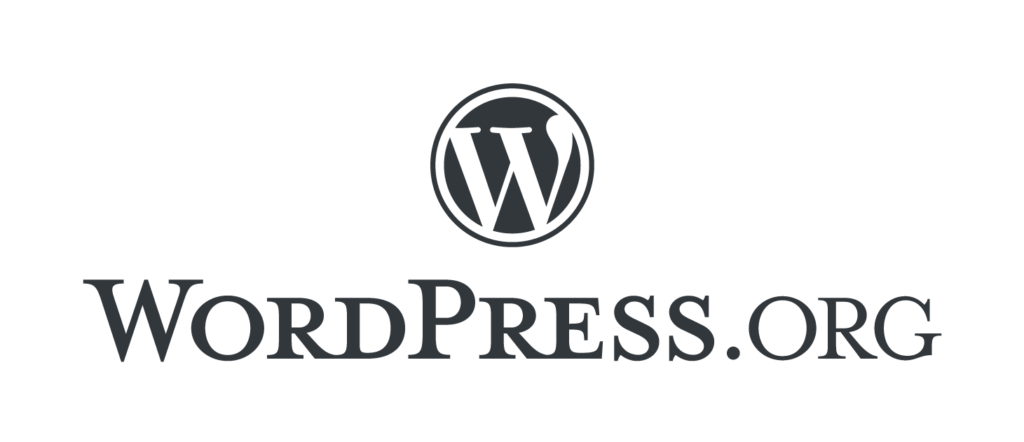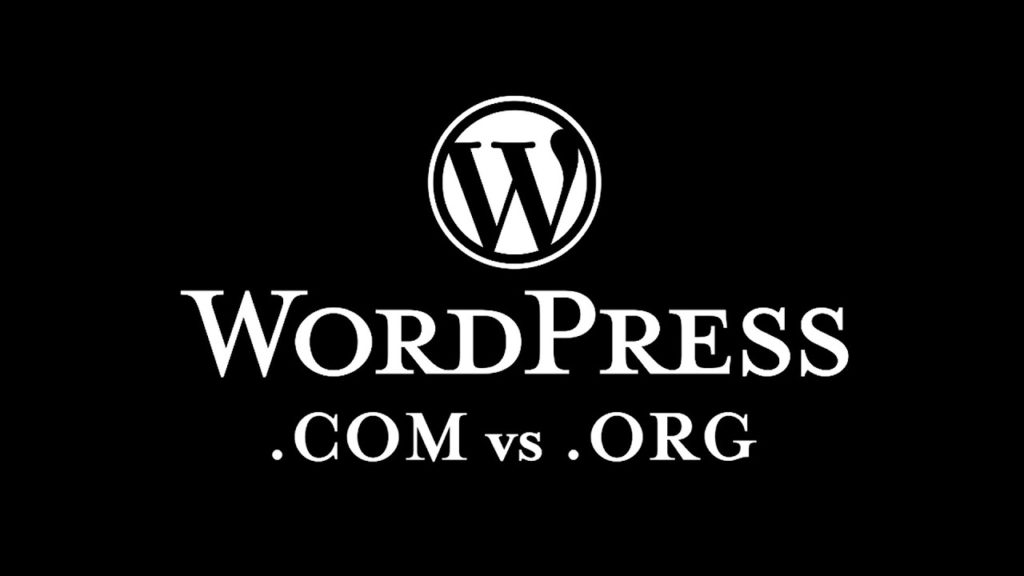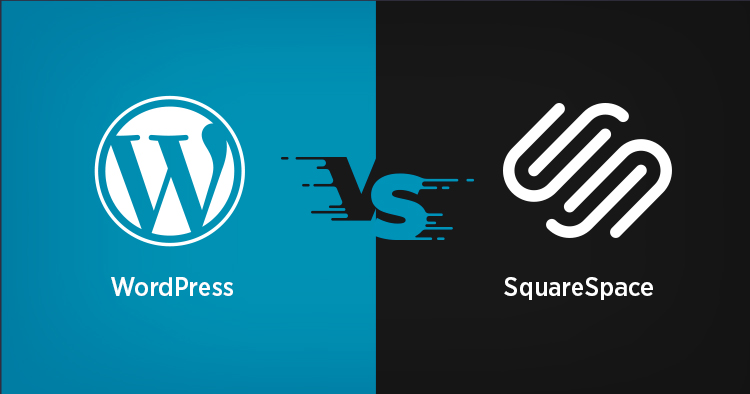WordPress.com or WordPress.org?
More than 43% of all sites on the web are powered by WordPress, making it the most widely used platform for creating websites. However, despite its widespread use, the difference between WordPress.com and WordPress.org continues to confound many new users.
Although they seem almost identical, each platform is quite distinct from one another. Being aware of what sets these two apart will allow you to make the best choice for your needs and objectives. To help you out, this article will discuss the key differences between WordPress.com and WordPress.org.

What Is WordPress.com?
Owned by Automattic, WordPress.com is a platform for building and publishing websites that provides both free and premium options. It is a managed hosting service designed exclusively for WordPress’s open-source content management system.
When you create a WordPress.com account, you’ll have access to a hosting account, a domain name, and a website builder all in one place. Using the platform’s dashboard, you can keep track of everything. Depending on the package you choose, you may even be able to use additional themes and plugins to customize your website.
Benefits
- No technical expertise required
- Takes care of maintaining your site
- Includes hosting
Drawbacks
- Limited monetization opportunities
- Lacks analytics tools
- Limited customizability and scalability
- Cannot accommodate membership sites

What Is WordPress.org?
WordPress.org is an open-source, self-hosted website platform. This means that although the service itself is free, getting your website online involves getting both web hosting and a domain name. Don’t let this scare you off since it’s actually pretty simple. Most hosting companies allow you to download and install WordPress.org with a single click after signing up for a hosting package and domain name.
Using WordPress.org, you’ll be able to develop your own templates and monetize your website. You’ll have to take care of site backups on your own, but there are plenty of plugins out there that can handle this for you.
Benefits
- Allows for monetization
- Offers plenty of options for customization
- Accommodates e-commerce and membership sites
Drawbacks
- More difficult to learn
- May require more hands-on maintenance
- Does not include hosting or domain name

WordPress.com vs WordPress.org: What Distinguishes the Two?
Since we’ve covered the basics, let’s take a closer look at the differences between WordPress.com and WordPress.org. When deciding which platform to use for your new website, there are several things to keep in mind:
Ease of Use
A platform’s ease of use is probably one of your top concerns if you’re new to building a website. WordPress.com may be a better choice for this purpose.
Creating a website on WordPress.com is pretty straightforward. It’s as simple as creating an account and following a few easy steps. After that, you’ll have to decide on the type of website you want to create, choose a theme, and make a few additional tweaks.
On the other hand, you’ll have to go through many more steps if you use WordPress.org. First, you’ll need to get a web host and a domain name. Then, in order to use WordPress, you must first log into your web hosting account and download the software. In some cases, the installation can be handled for you by the hosting company. Nevertheless, WordPress.org can be more challenging to learn and navigate.
The dashboards on both systems appear fairly similar. WordPress.com offers fewer options and is less likely to be confusing. The WordPress.org website, on the other hand, is still geared toward making it easy to use for beginners.
Customization
Both WordPress.com and WordPress.org use the same open-source WordPress codebase and plugins. However, what sets them apart are their limitations.
Everything on WordPress.org is freely available. This means that you can go into all the nitty-gritty elements of your website’s design and programming, such as:
- Individual plugins can be installed and configured.
- Themes can be changed on the fly.
- Code can be customized.
On the other hand, you’ll be limited to what the WordPress.com platform allows you to do on your site. Your subscription level will determine the customization options that you can access.
Monetization
Monetization isn’t possible with WordPress.com’s Free and Personal plans due to the limitations imposed by the platform. If you want to make money from your website, you’ll need to subscribe to at least the Premium plan. In addition, keep in mind that WordPress.com places its advertisements right on your website with the free plan. There’s no way to turn them off, and you won’t be compensated for them regardless of how many visitors you get.
WordPress.org sites, on the other hand, let you monetize in whatever way you see fit. There will be no limitations on the kind of monetization techniques you can employ, such as setting up a membership site or using affiliate links.
Analytics
WordPress, in itself, does not have any built-in analytics. You can monitor the basics, such as site traffic, but if you want to dig deeper, you’ll have to install plugins. Nothing tops Google Analytics when it comes to analytics plugins. However, since plugins are not available on WordPress.com’s free plan, you will need to upgrade to install it.
However, you can immediately install, configure, and use Google Analytics on WordPress.org. By doing so, tracking metrics like users per page, bounce rates, dwell time and conversions are all made possible. These can be dissected down to the page level or down to a specific point in time. There’s no better way to learn about the success or failure of your site’s performance than with this detailed analysis.

The Bottom Line
Choosing a platform is the first step in constructing a new website and creating content. Among your many options, WordPress.com and WordPress.org are the most widely used. However, each has its own advantages and disadvantages and can be used for different purposes.
For those who don’t want to deal with hosting, plugins, code, or unique website features, WordPress.com is a solid choice. On the other hand, WordPress.org is for those who like to have complete freedom in maintaining and managing their own websites.
If you’ve been on the fence on which platform you should use, we hope this article can help you make an informed decision.







0 Comments